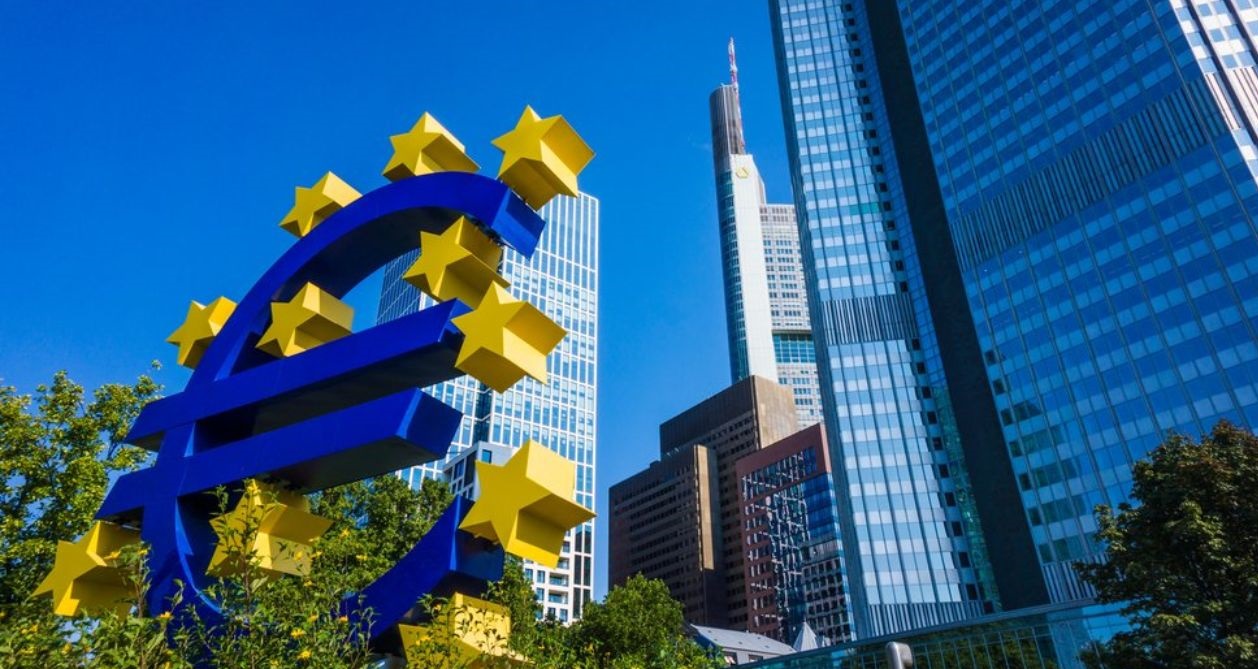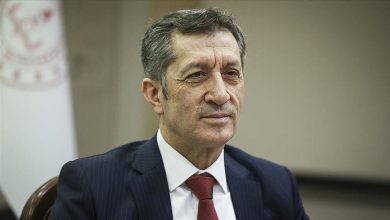
Inflation in Europe is at its highest level in 40 years. Nevertheless, the European Central Bank, as guardian of currency stability, is not raising the key interest rate. One reason for this: the war in Ukraine.
Despite record inflation, interest rates in the euro zone will remain unchanged for the time being. The Council of the European Central Bank (ECB) left the key interest rate at a record low of zero percent, as the central bank announced after the Council meeting on Thursday.
At the same time, however, the monetary watchdogs confirmed that they were heading towards an end to their ultra-loose monetary policy. Economists believe that a first rate hike is still possible this year. In the USA and Great Britain, the central banks have already increased the key interest rate.
Recent data strengthened expectations that the purchase of additional government and corporate bonds under the APP purchase program should end in the third quarter of 2022, the ECB said. The monetary watchdogs have committed themselves to raising interest rates only after the end of the net purchases.
Turnaround in interest rates not expected until June at the earliest
In June, Bundesbank President Joachim Nagel said in a recent interview with the ARD magazine Plusminus that he and his colleagues on the ECB Council would decide on future monetary policy “on the basis of fresh data”. “What we are seeing now indicates that savers may soon be able to look forward to higher interest rates again.”
The Ukraine war is weighing on the economy in the euro area and is further heating up energy prices, which were already the main drivers of inflation. The ECB, whose primary goal is stable prices with an inflation rate of two percent, recently assumed weaker economic growth and significantly higher inflation in the current year than predicted in December.
In the euro area, the inflation rate reached 7.5 percent in March, the highest level since the euro was introduced as a settlement currency in 1999. “The inflation data speak a clear language. Monetary policy must not miss the opportunity to take countermeasures in good time,” warned Bundesbank President Nagel.
No interest for six years
For the central bank, however, it is a balancing act: if it increases interest rates too quickly or too much, there is a risk that the economy will stall. If the monetary authorities react too late, interest rates might have to rise faster or higher. An abrupt rise in interest rates could also have a negative impact on economic development.
ECB Director Fabio Panetta recently warned that excessive intervention by the central bank to combat rising inflation would choke off economic growth in the euro area. Such monetary tightening would also not have a direct impact on rising energy and food prices, driven by global factors and now the Ukraine war.
The key interest rate in the currency area of the 19 countries has been at a record low of zero percent for around six years now. Banks that park funds at the ECB have had to pay interest on them since June 2014. This deposit rate is currently minus 0.5 percent.
Corona bond purchases have ended
Allowances for certain sums are intended to relieve the institutes of the costs involved. As part of the APP program, which has been in use since 2015, the ECB has already invested more than three trillion euros in government bonds and corporate securities, which is supporting the economy.
The particularly flexible PEPP bond purchase program launched during the corona pandemic expired at the end of March. Since then, the central bank has not purchased any new securities under this program. However, funds from expiring PEPP papers will continue to be reinvested for the time being.



